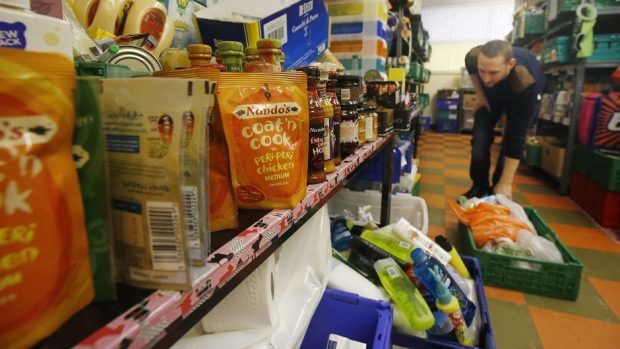A leading charity has warned foodbank use in the north-east of Scotland could reach record levels this Christmas.
The Trussell Trust said there has been a 53% increase in demand for their foodbanks across Scotland between December 2013 and December 2014.
Figures from the different council areas showed Aberdeen was up by 28%, from 221 to 283 referrals, while Aberdeenshire had shot up 261% from 123 to 444.
The Highlands saw a spike of 19% from 533 to 635 and Orkney rose 81% from 42 to 76.
However, the Western Isles were down 62% from 58 to 22.
The Trussell Trust confirmed that more than 1,000 children across the north-east were referred to a foodbank between April and September in 2015.
There were 1,535 referrals in that period for Aberdeen and 1,155 for Aberdeenshire.
In the Highlands, there were 2,902 referrals, 222 in Orkney and 159 in the Western Isles.
According to the charity, foodbank use in Scotland is rising faster than in most other parts of Britain.
Benefit delays are usually the biggest cause of foodbank use in Scotland, followed by low income and benefit changes.
Scotland network manager for the Trussell Trust, Ewan Gurr, said: “Christmas is an extremely hard time of year for many people living in poverty across Aberdeen and Aberdeenshire.
“For some individuals on low incomes, it can mean spending Christmas alone, isolated by circumstances beyond their control.
“Then, there are families struggling on tight budgets where increased winter fuel bills and the absence of free school meals can be the decisive factor between a warm home and a warm meal.
“In Aberdeen and Aberdeenshire, in particular, we have seen a sharp rise as the foodbanks in those areas have extended their accessibility to more rural and remote communities.
“However, there is also growing concern that the increasing instability of the oil industry, which has already seen tens of thousands being made redundant, could have serious implications.
“And this is likely to affect not only those who have lost work in the industry but also for the local economy.”
